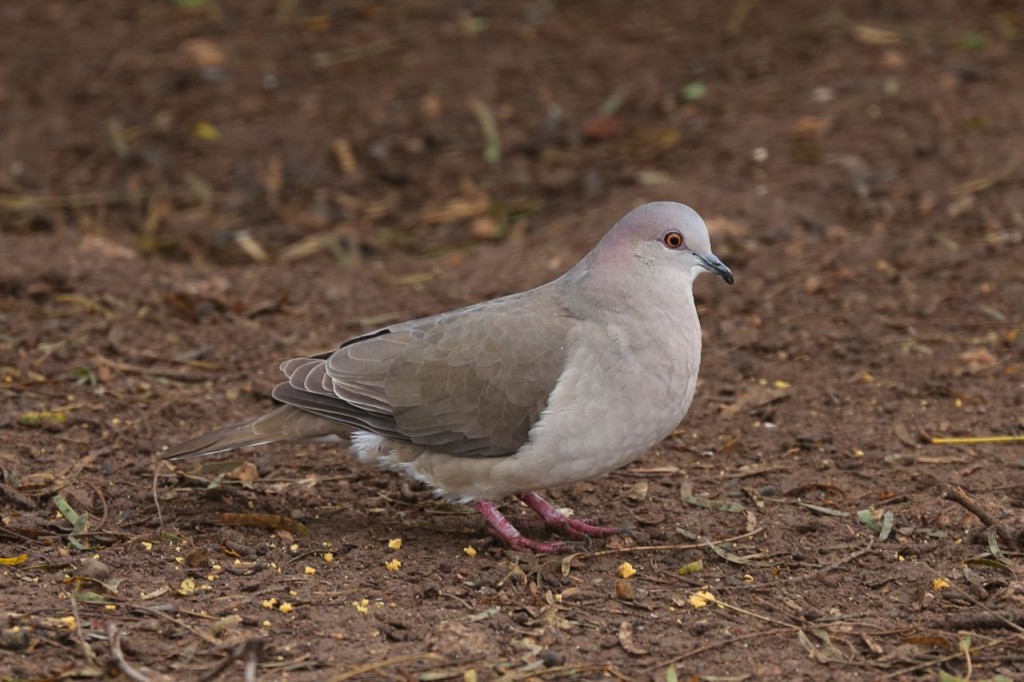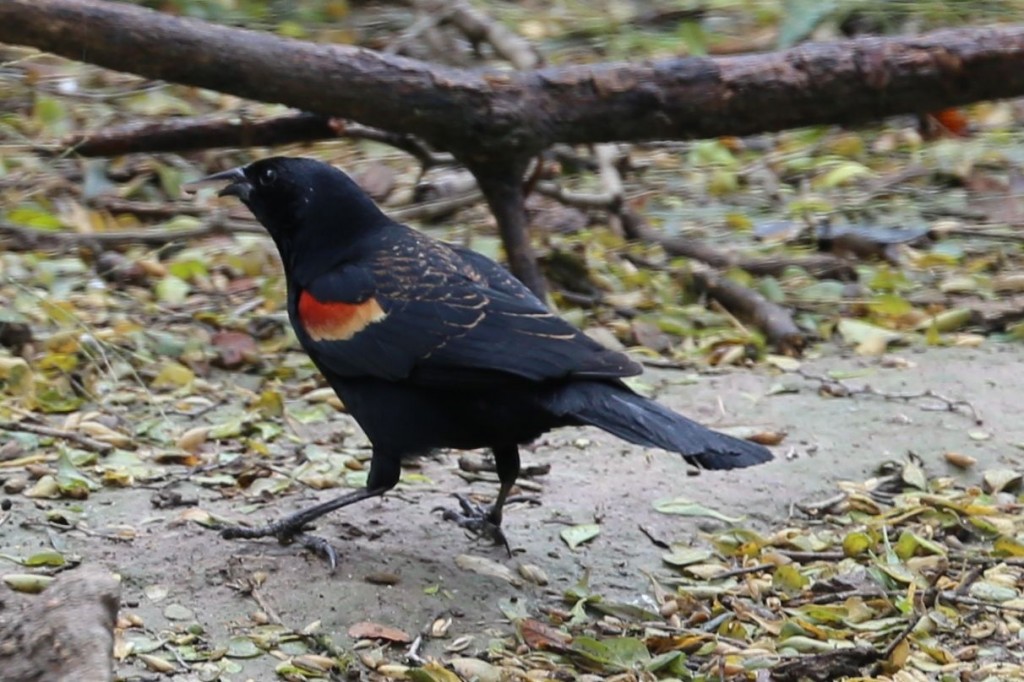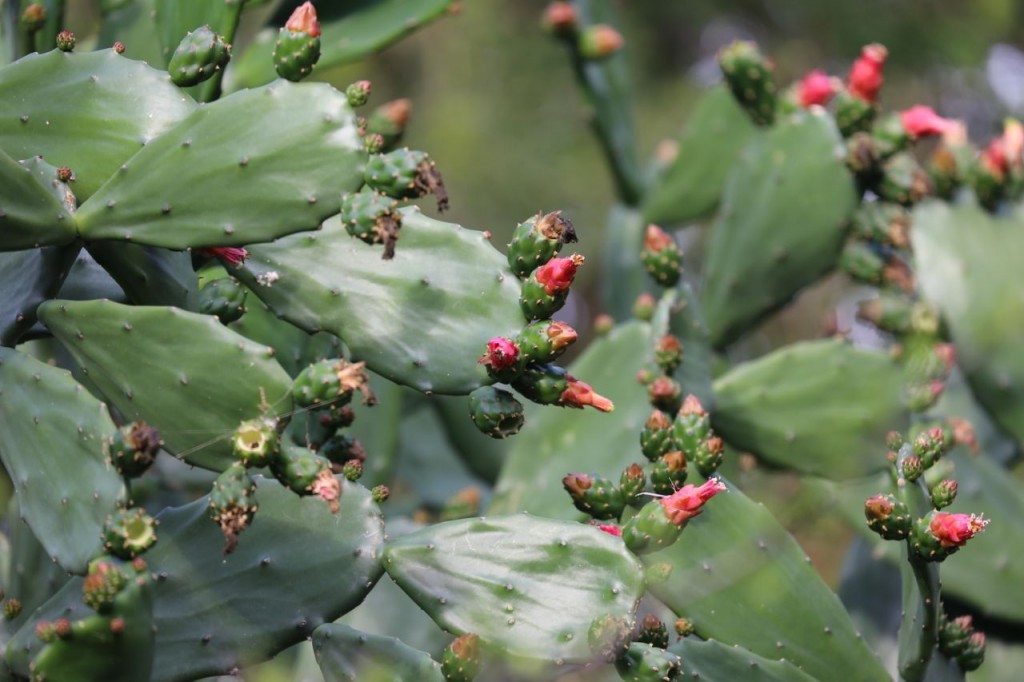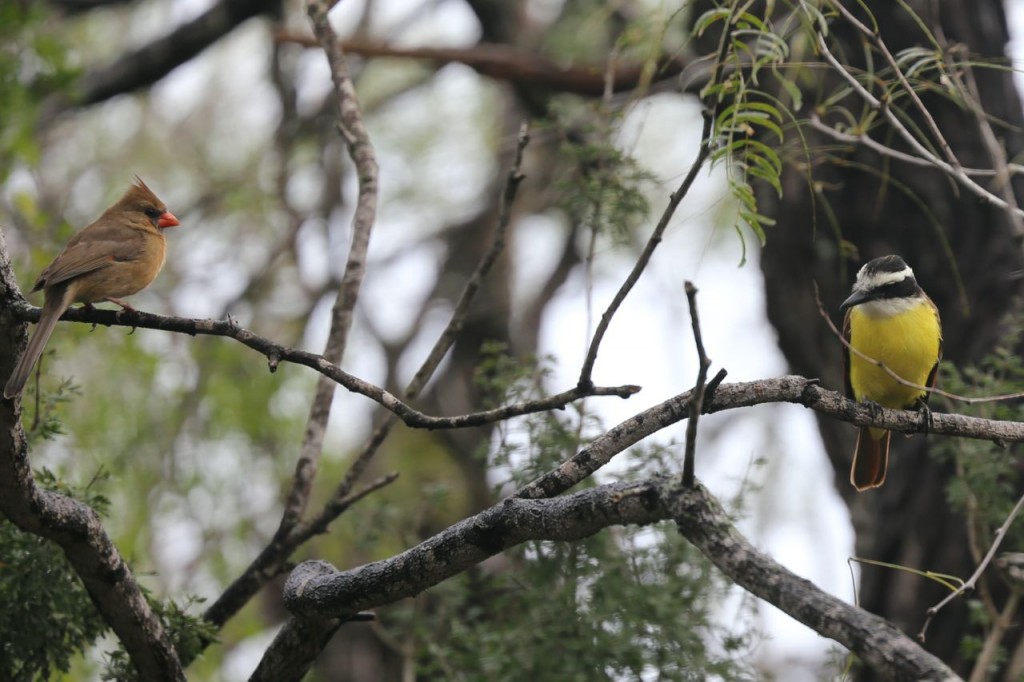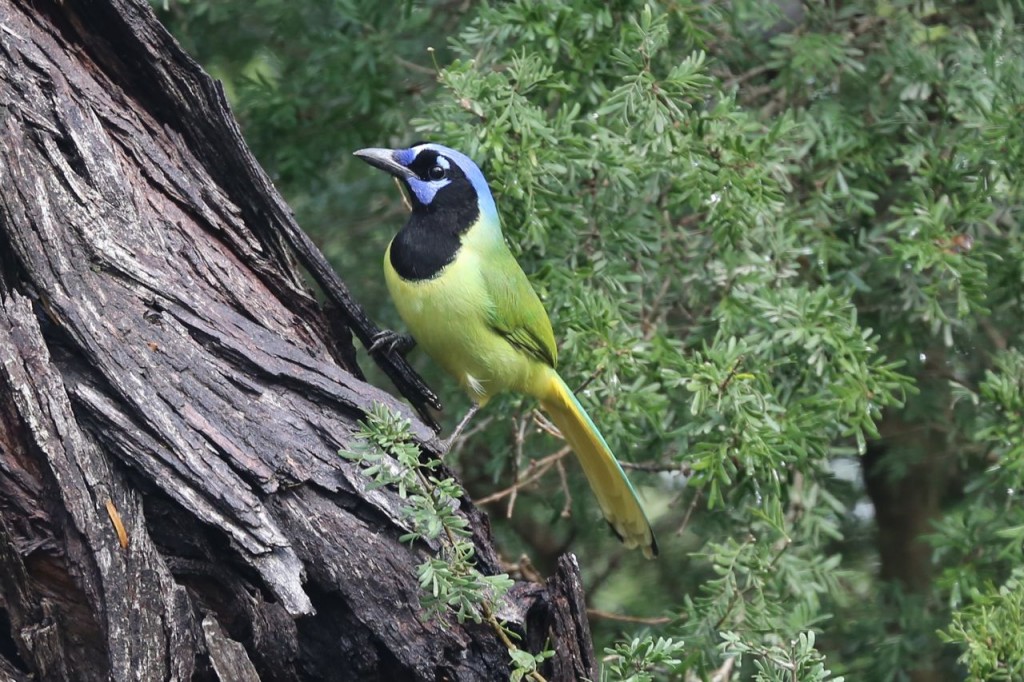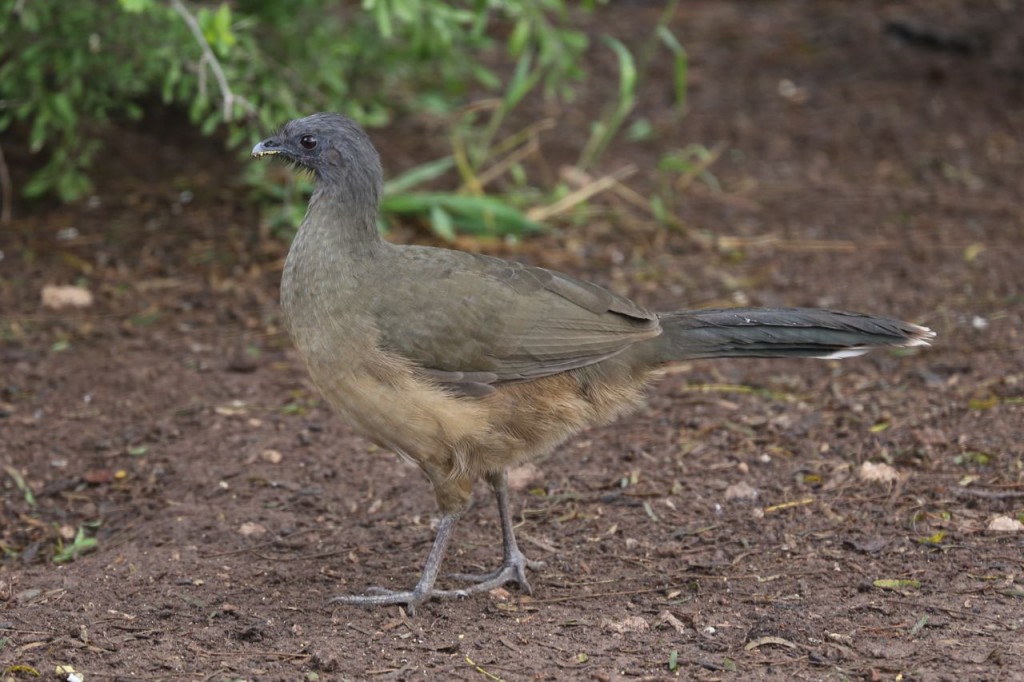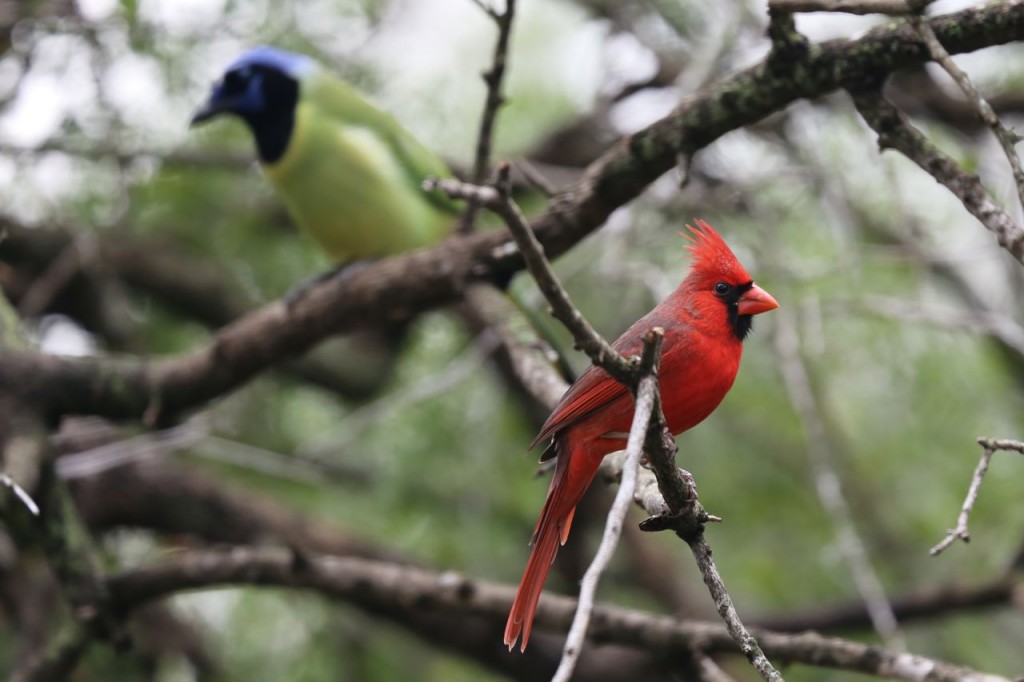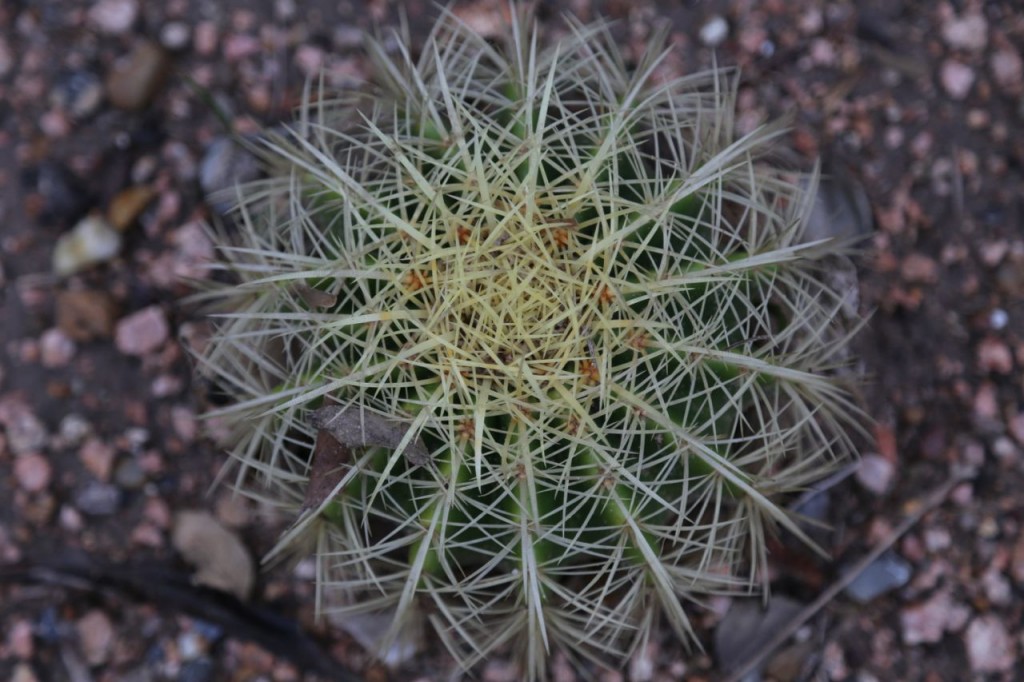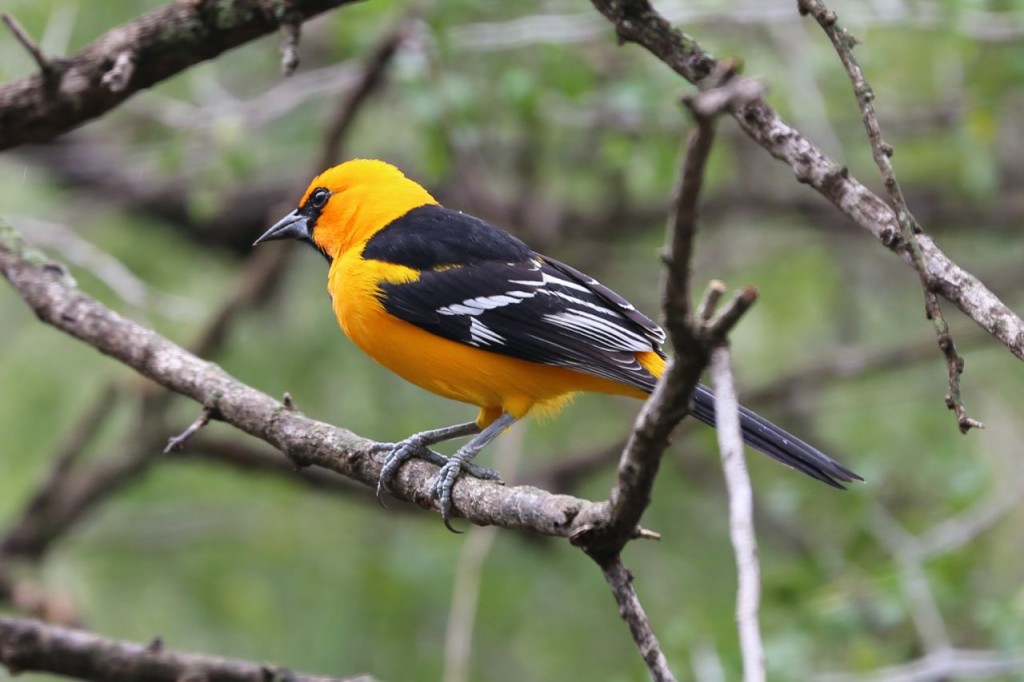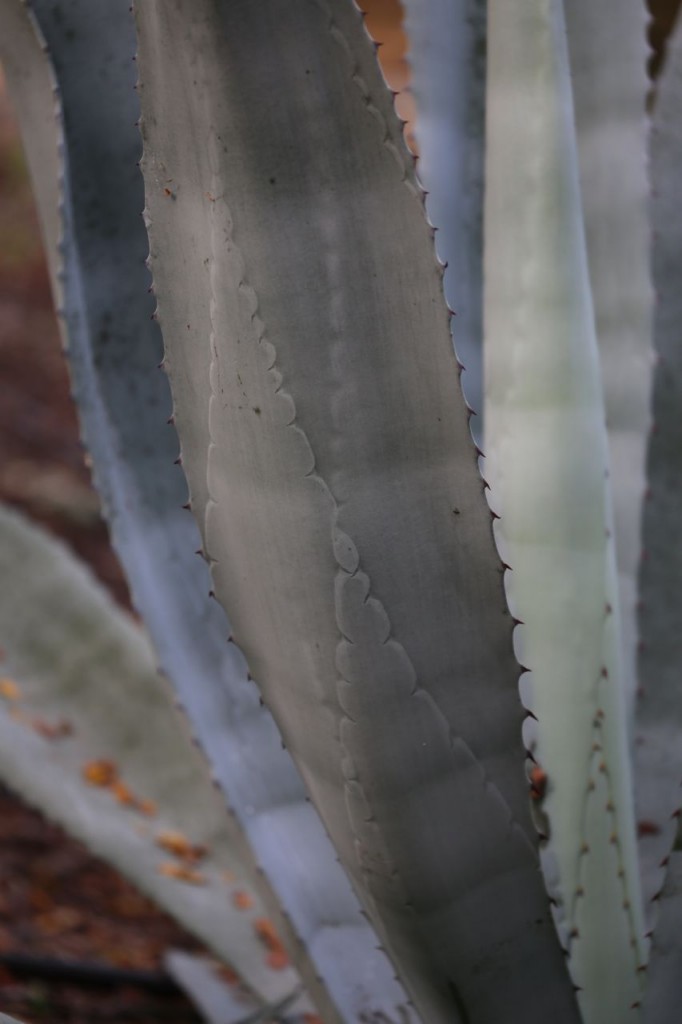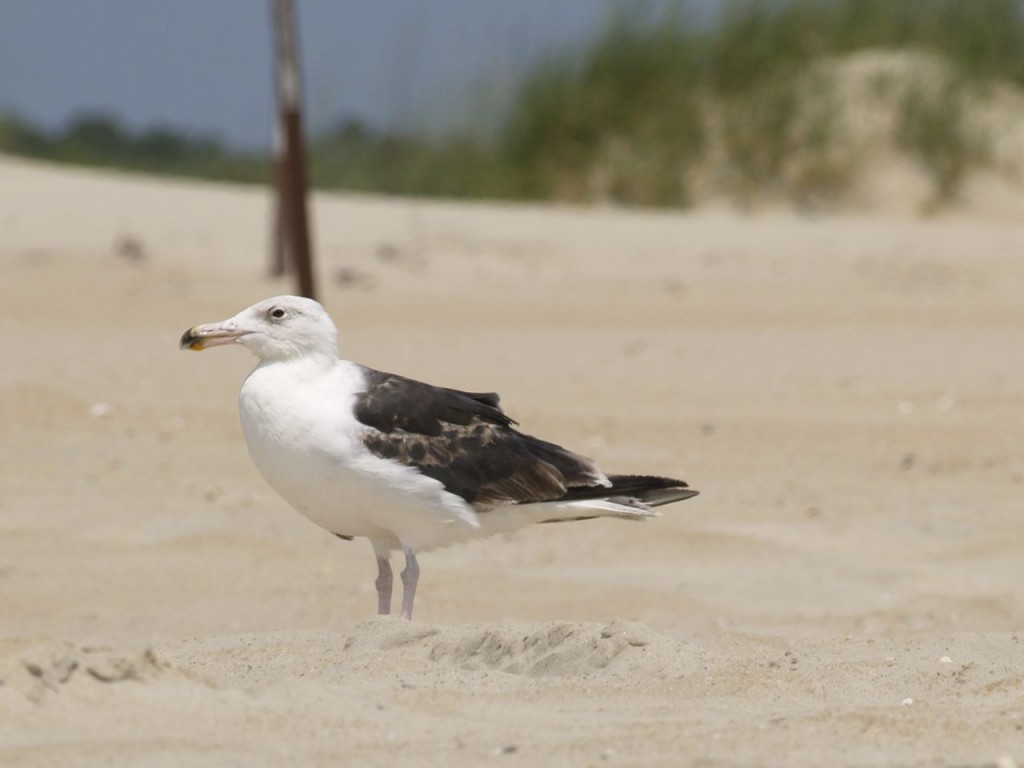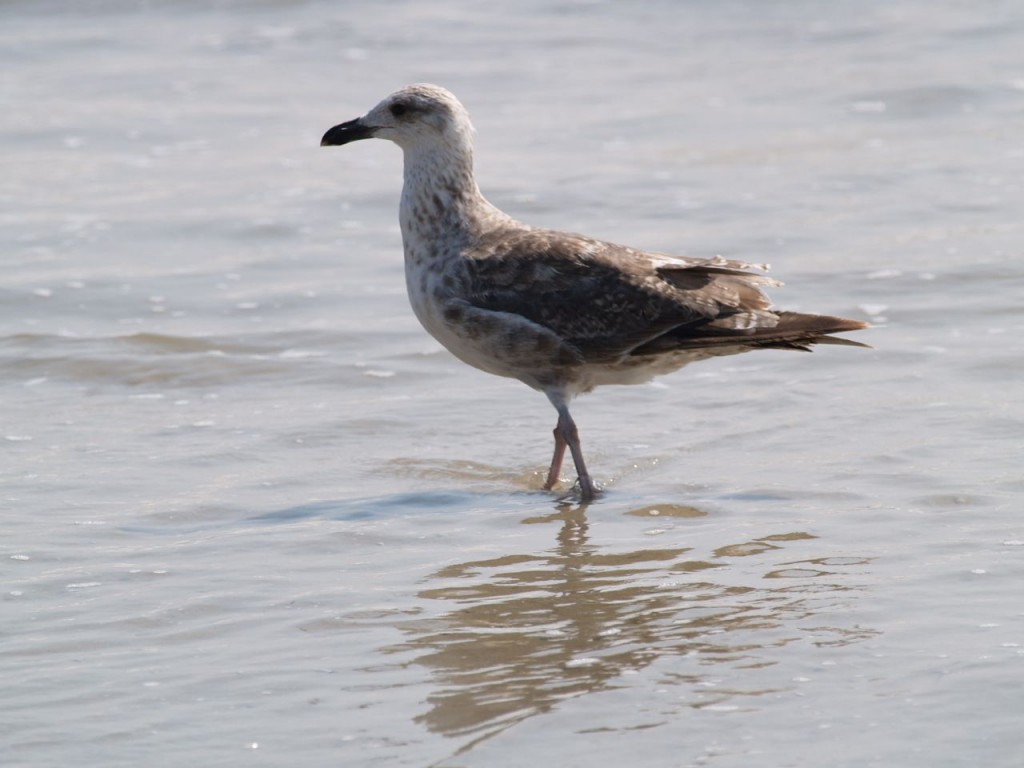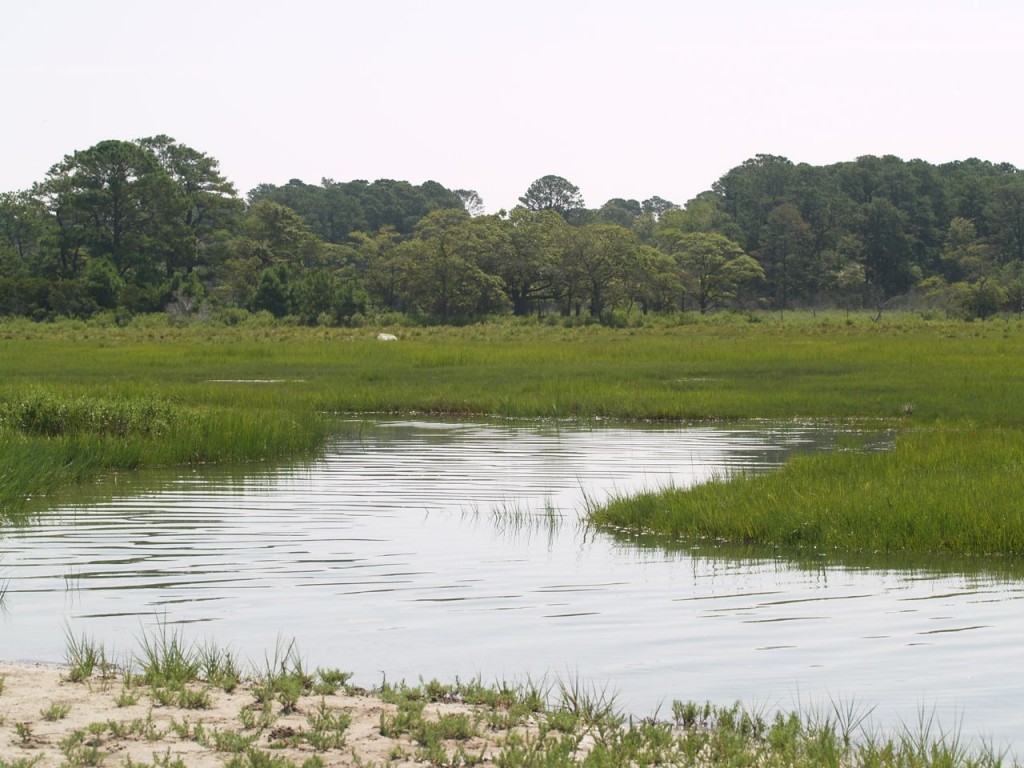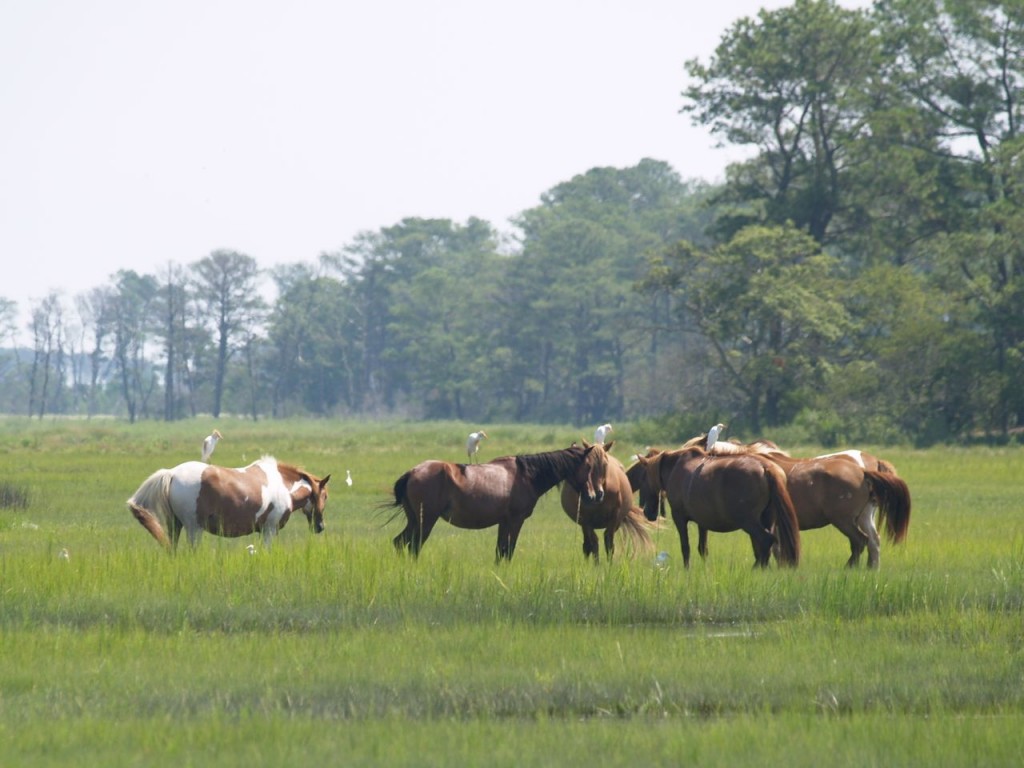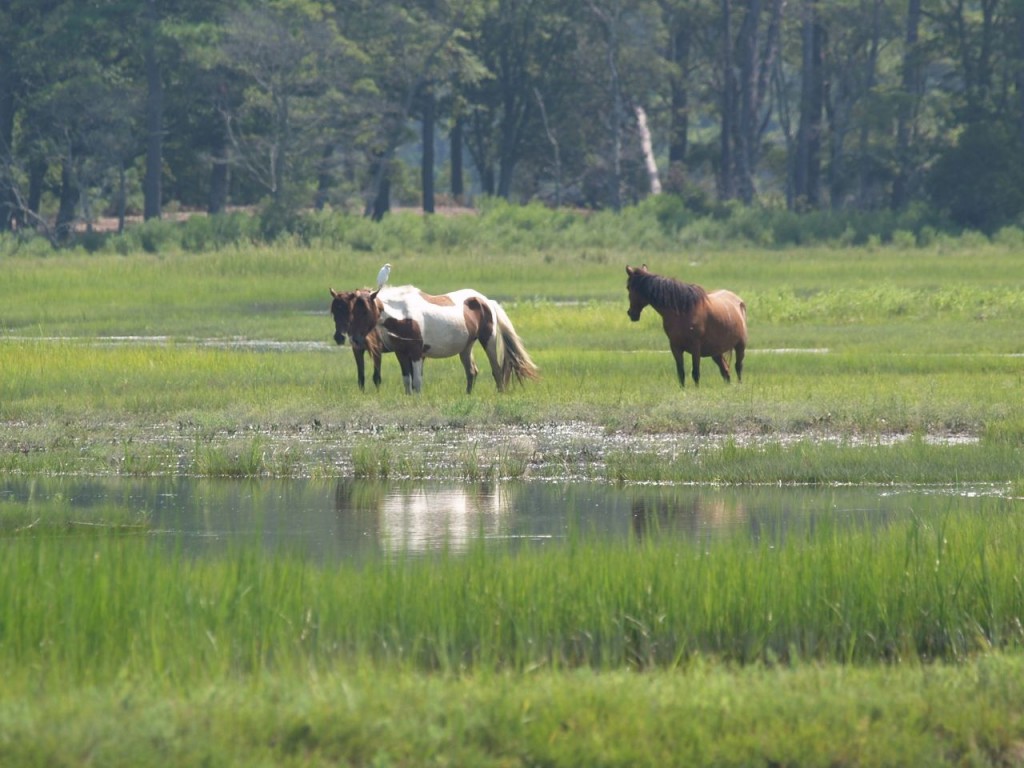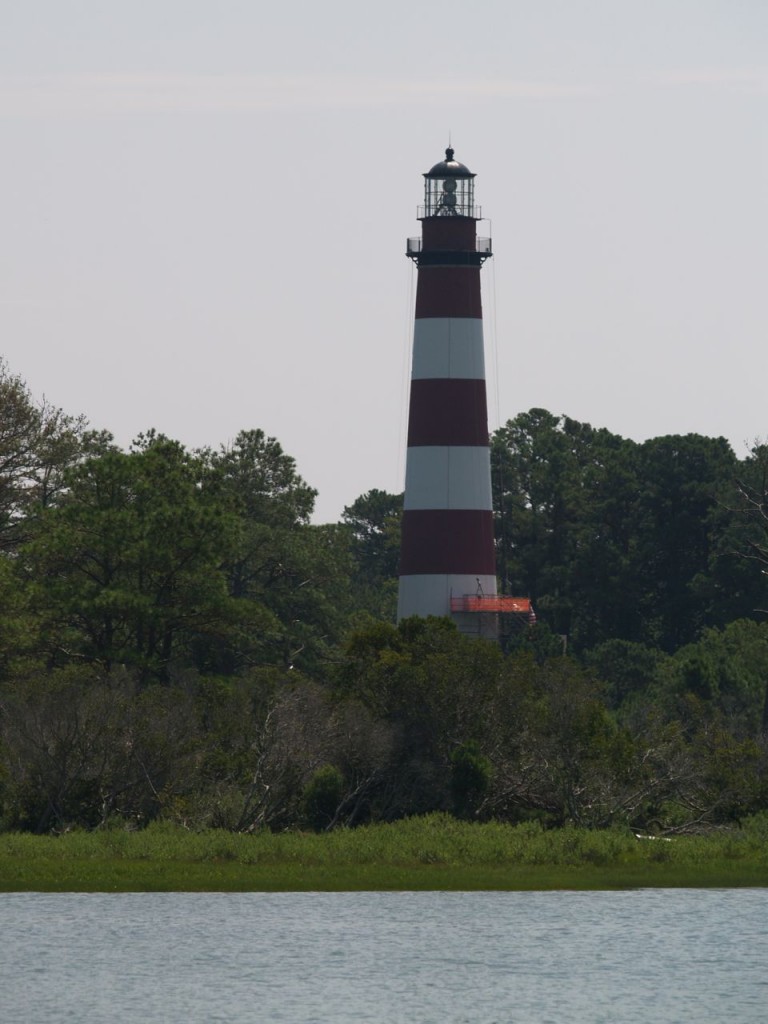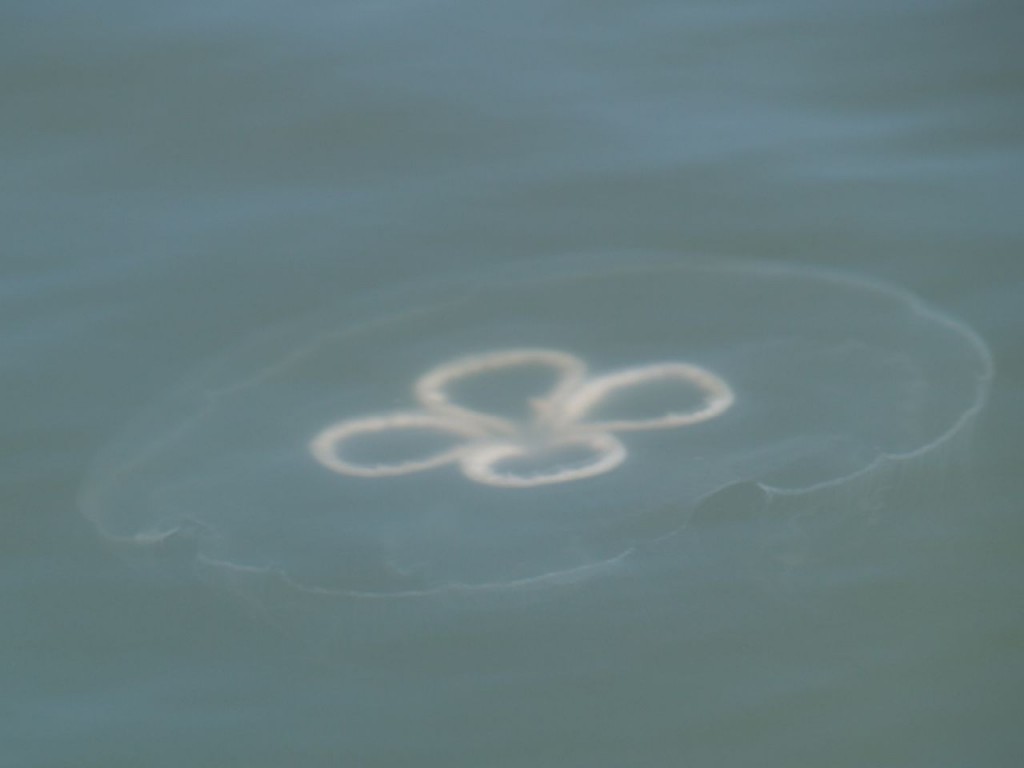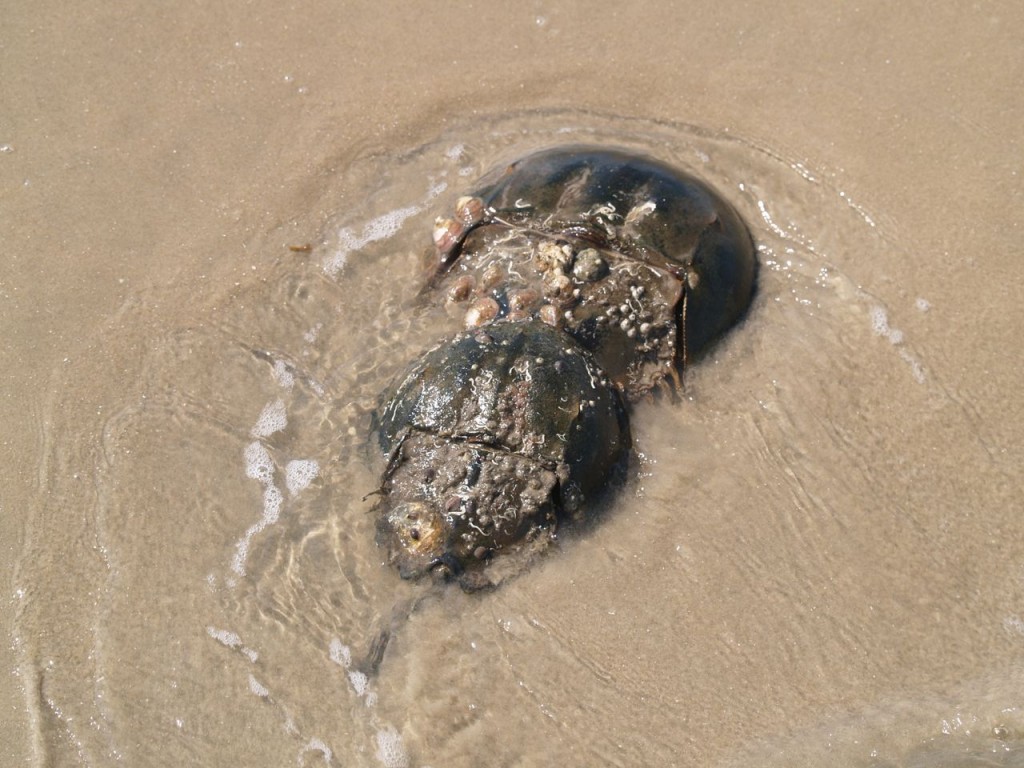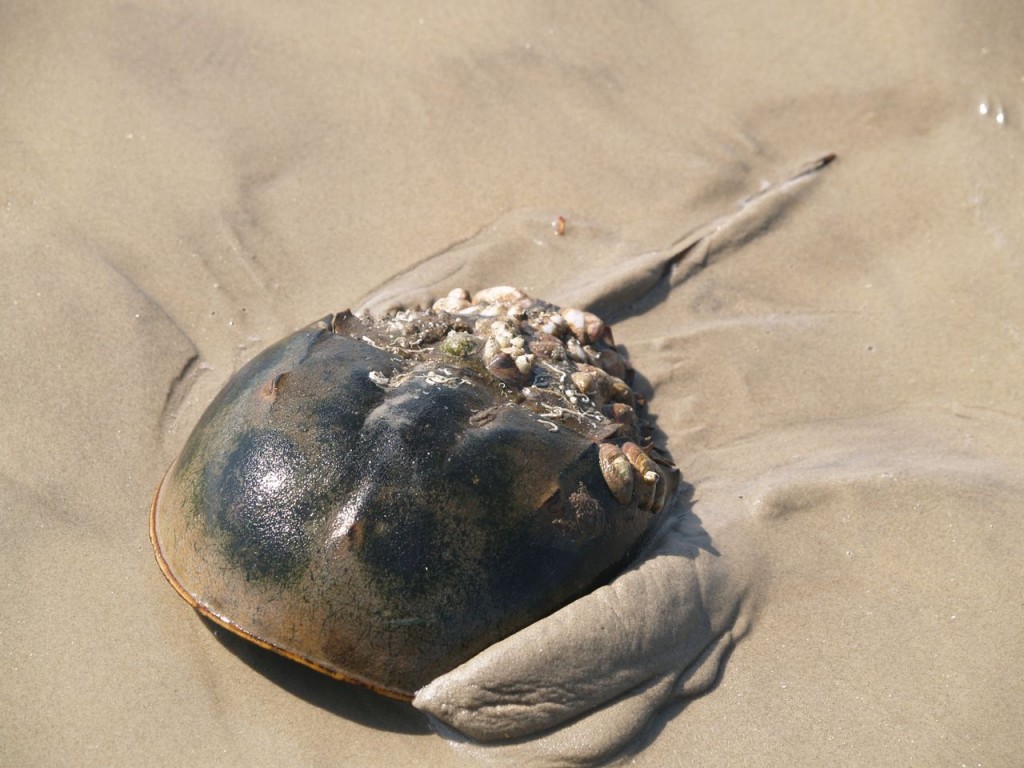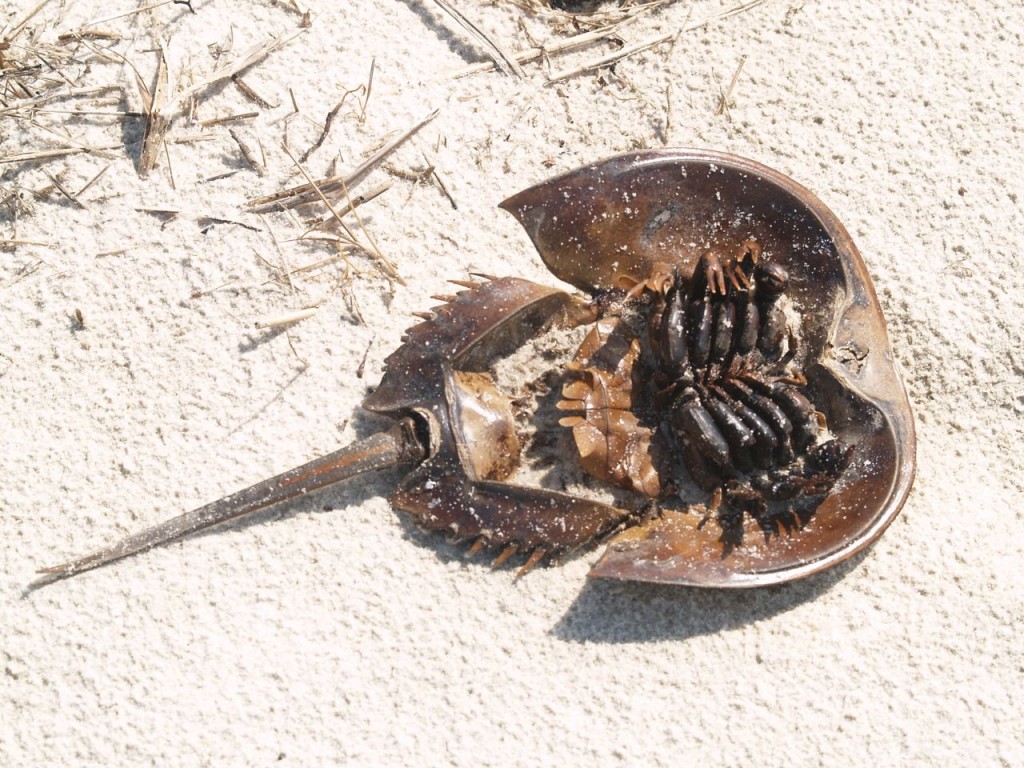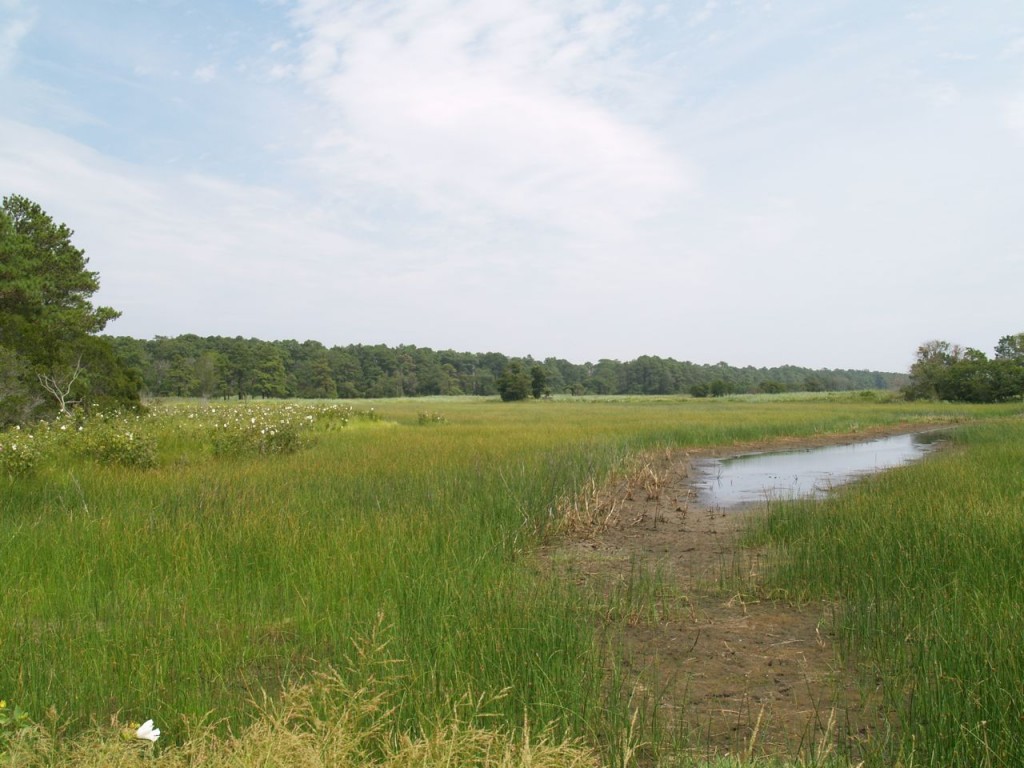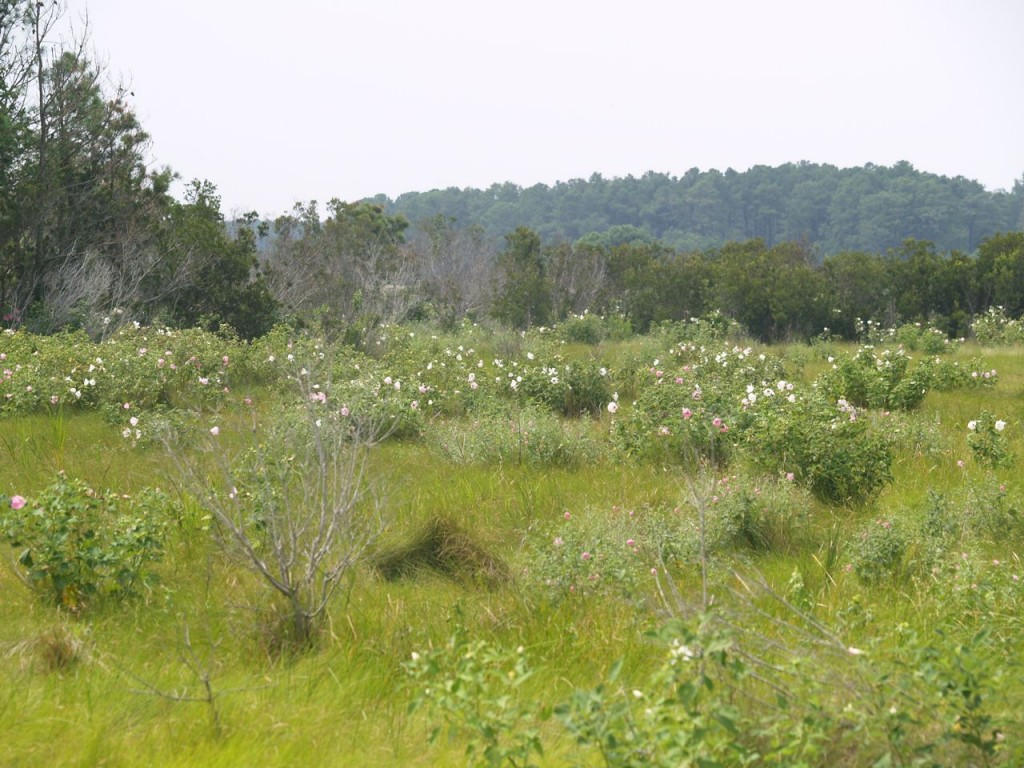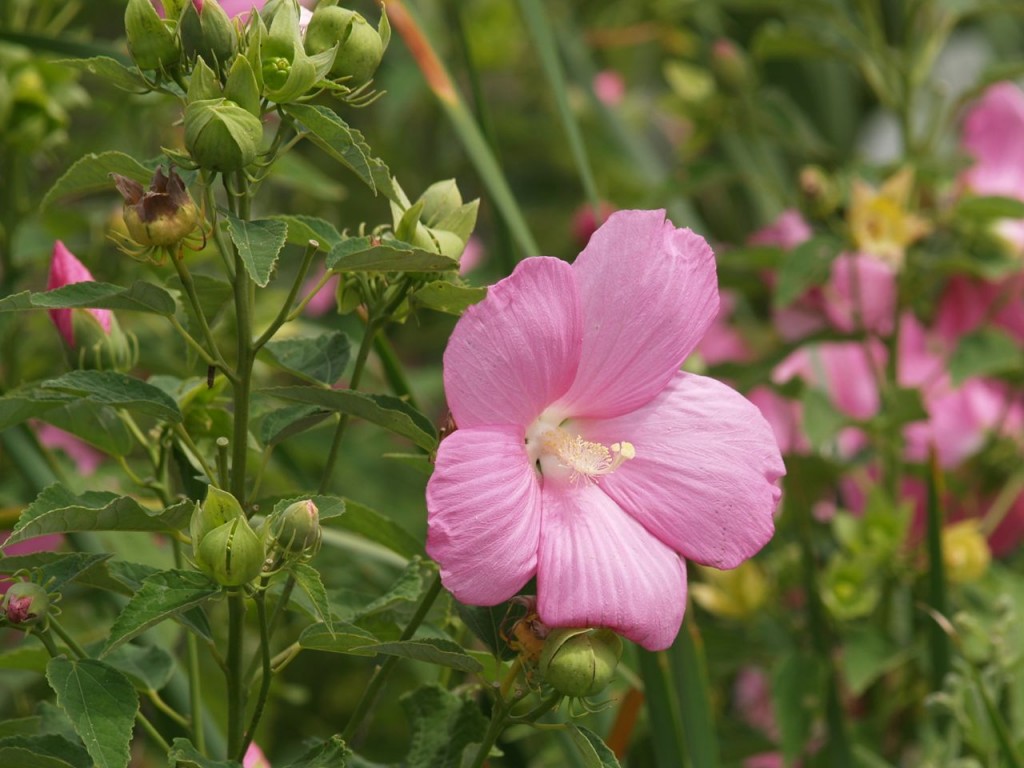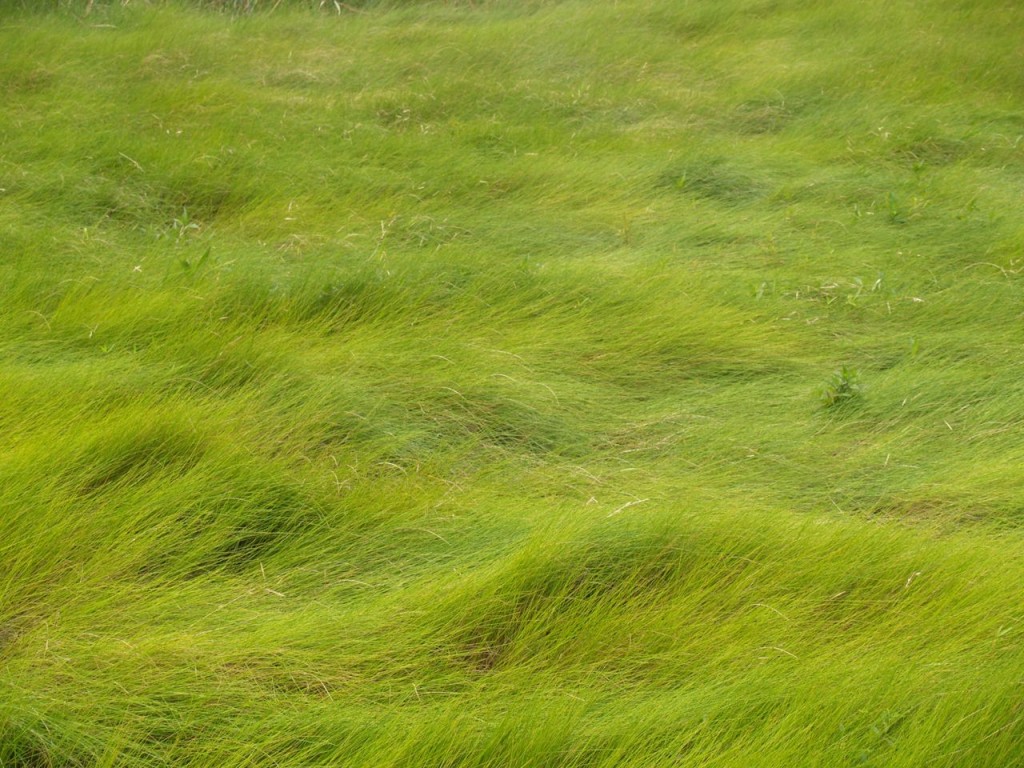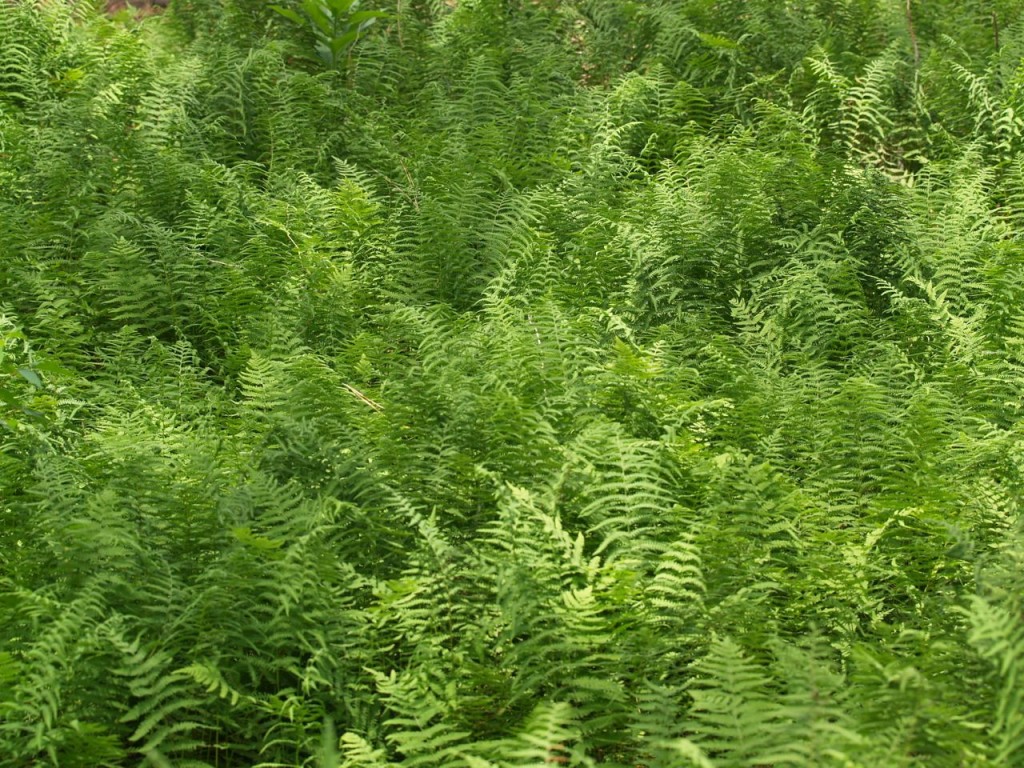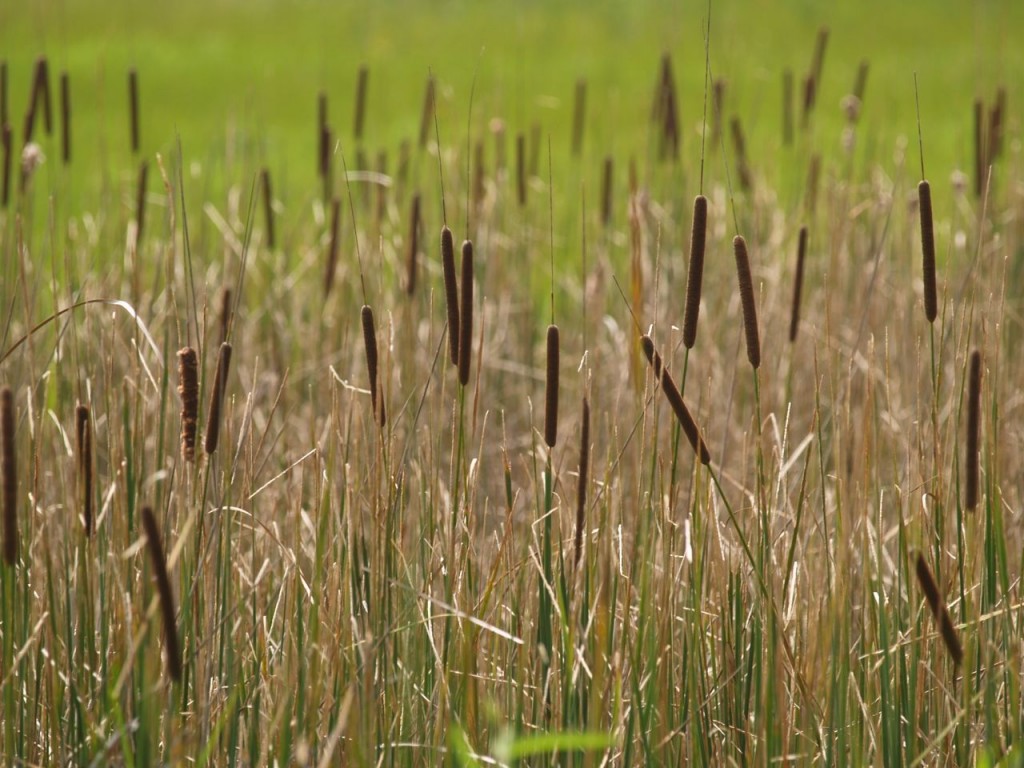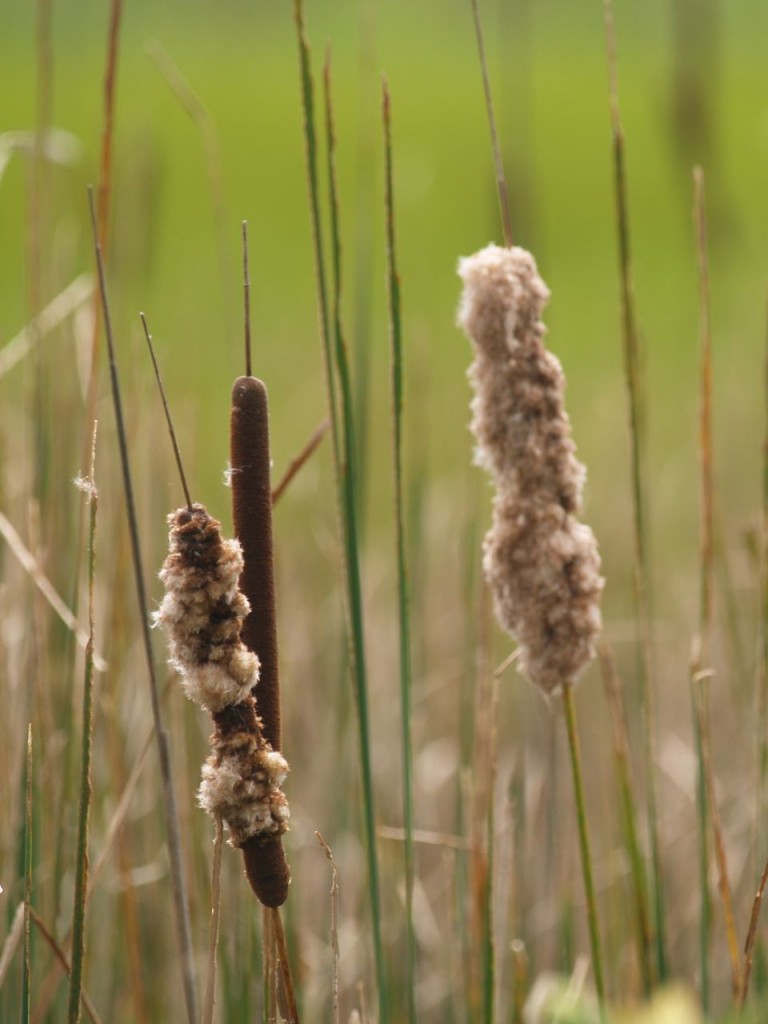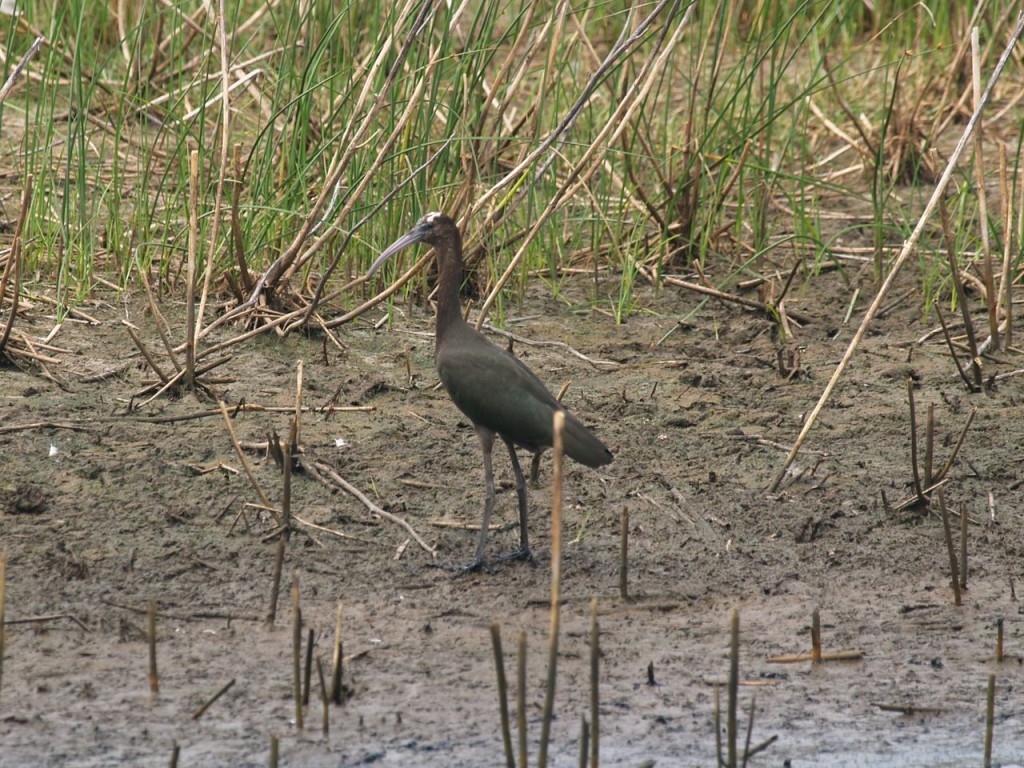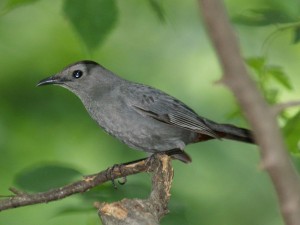I spent the day birding in south Texas. The area around the Rio Grande has some amazing birds to see, birds that you won’t see anywhere else in the United States. Below are a few highlights of what I saw, including some pretty plants.
Tag Archives: birds
Crowdsourcing Bird ID
Are you a birder? I need your help. I’ve been uploading photos that I have taken of birds to my website for a new section called appropriately enough Birds. In the course of organizing the photos, I’ve found I have some photos of birds that I never identified, mainly because I could never figure out what they were. So if you know birds, could you help a fellow, but admittedly very much novice, birder out? If you can identify any of the birds, please let me know by leaving me a comment. I have included the date and location the photo was taken with each photo. THANK YOU!
Mystery bird 1: Gull, I’m assuming a juvenile, but what species? Cape Hatteras, North Carolina, June 27, 2008 [update: this has been tentatively IDed as a great black-backed gull]
Mystery bird 2: Gull, I’m assuming a juvenile, but what species? Bodie Island, North Carolina, June 28, 2008
Mystery bird 3: My best guess is this is a semipalmated sandpiper. There was a small flock of them. My main concern with this guess is that I took the photo June 30, 2012 on Caladesi Island in Florida, and this seems a bit early for a semipalmated sandpiper to be in Florida.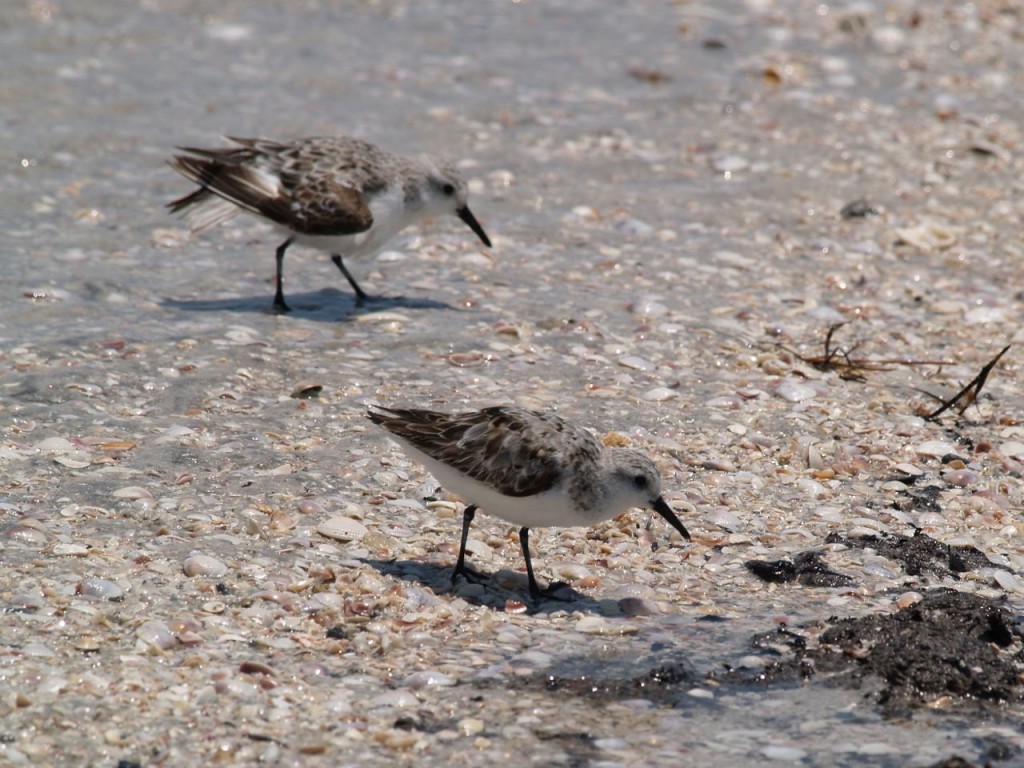
Mystery bird 4: I’m at a loss with this one. Some exotic game bird perhaps? Taken September 23, 2011 near the Nature Conservancy’s Great Salt Lake Shoreland north of Salt Lake City, Utah.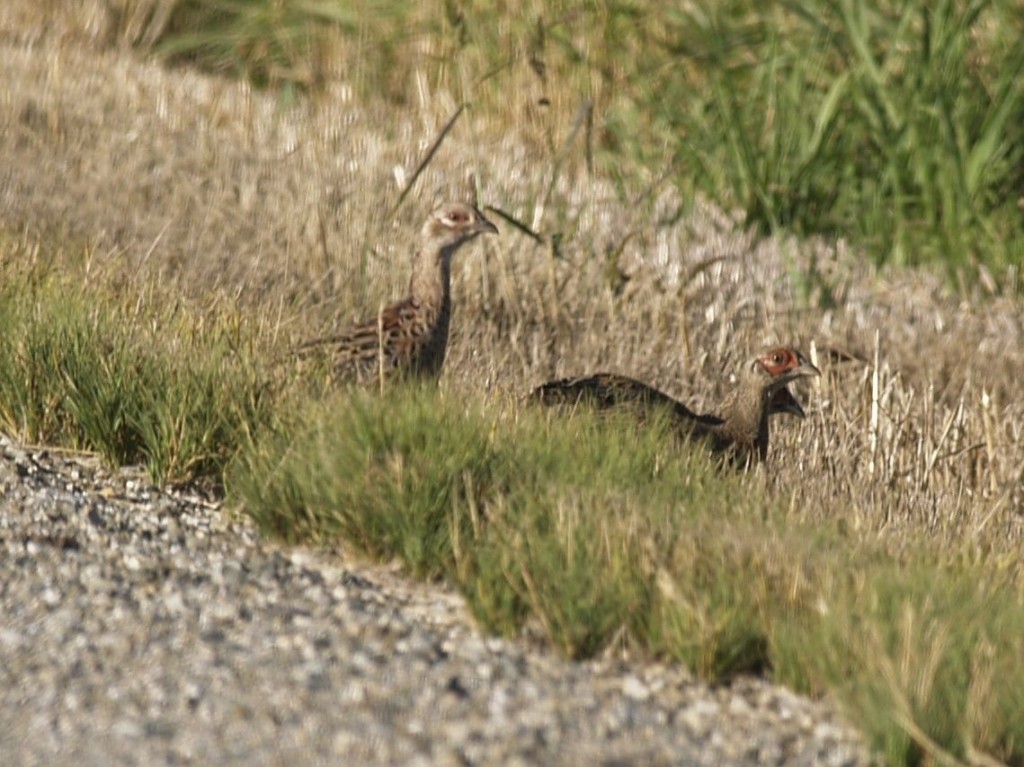
Mystery bird 5: I’m guessing juvenile red-naped sapsucker. Taken July 13, 2011 at Kootenai Falls near Libby, Montana.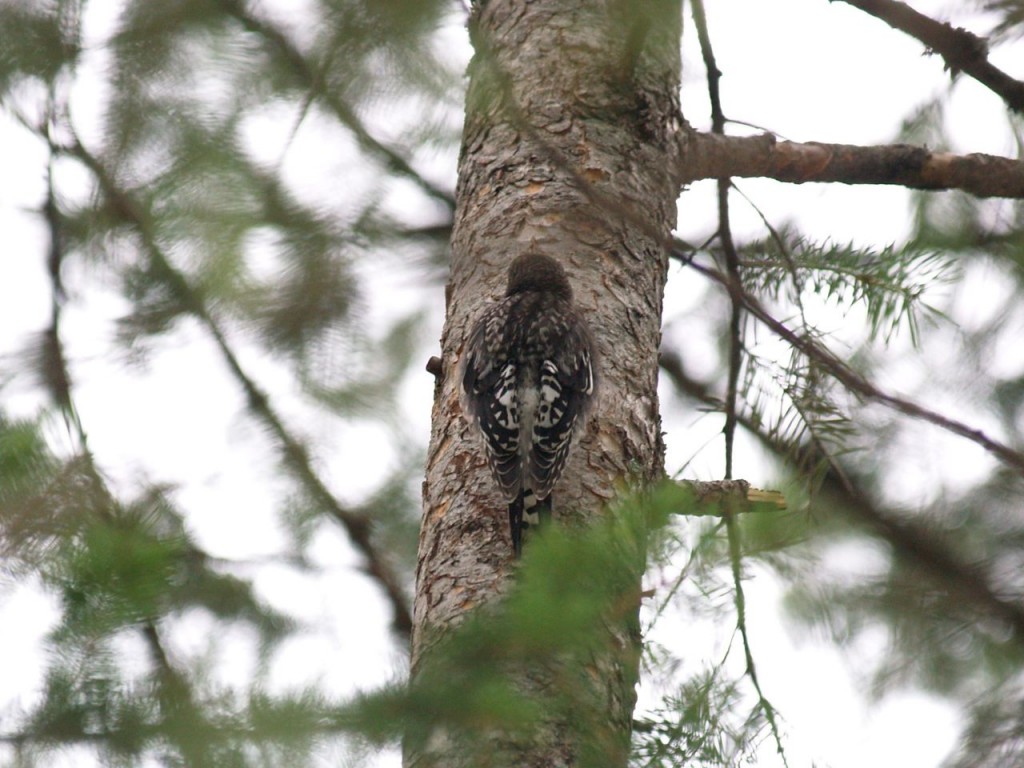
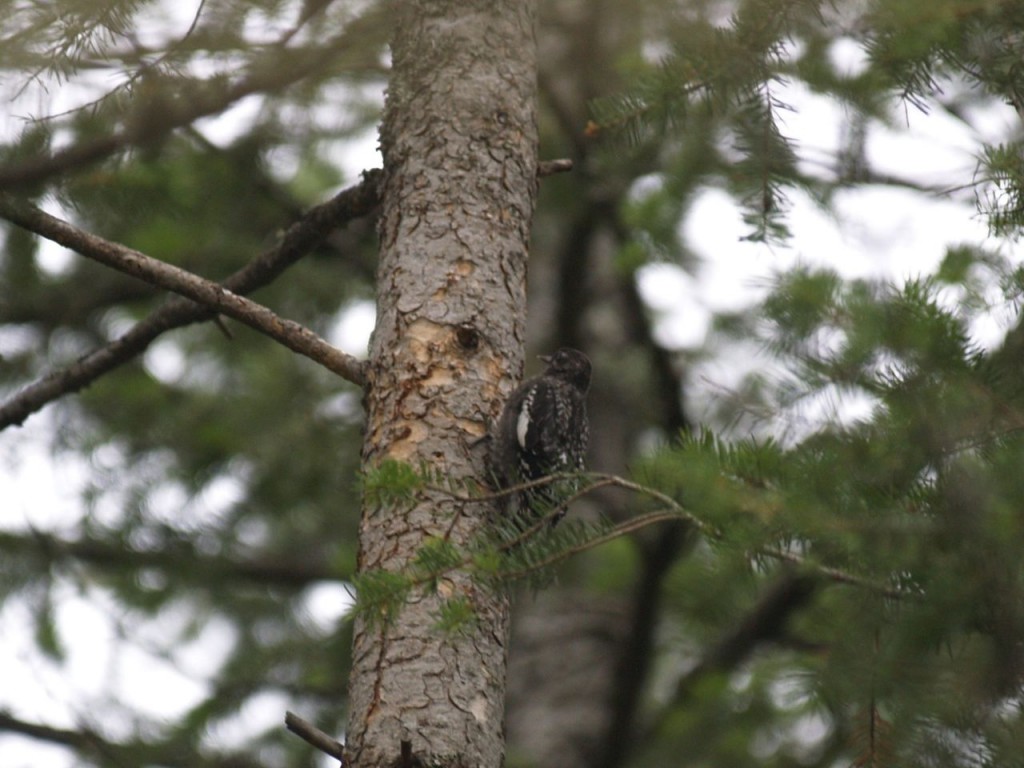
Boat Ride from Chincoteague Island
I took a two hour cruise around the waterways of Chincoteague Island and Assateague Island today with Chincoteague Cruises and Nature Tours. It was a lovely day for a cruise, and I thoroughly enjoyed myself. Unfortunately we didn’t find any dolphins, but we did see some birds, Chincoteague ponies, horseshoe crabs, and jellyfish. We saw lots and lots of jellyfish in fact, such that I would never swim in the area where we cruised. The area is just beautiful, and the beauty becomes more clear when you can get away from all the tourists.
Chincoteague National Wildlife Refuge
Chincoteague National Wildlife Refuge is lovely, but it really should just be called mosquito paradise. If you go here and want to walk on any of the trails, insect spray will be necessary. I hate bug spray, but the mosquitoes are so bad, even I resorted to using it. However, the walk around the swamp was nice except for the mosquitoes. There were more swamp rose mallowes (Hibiscus moscheutos) in bloom than I have ever seen. I saw a few birds, but not that many. I would guess however that this is a great area to bird during migration season.
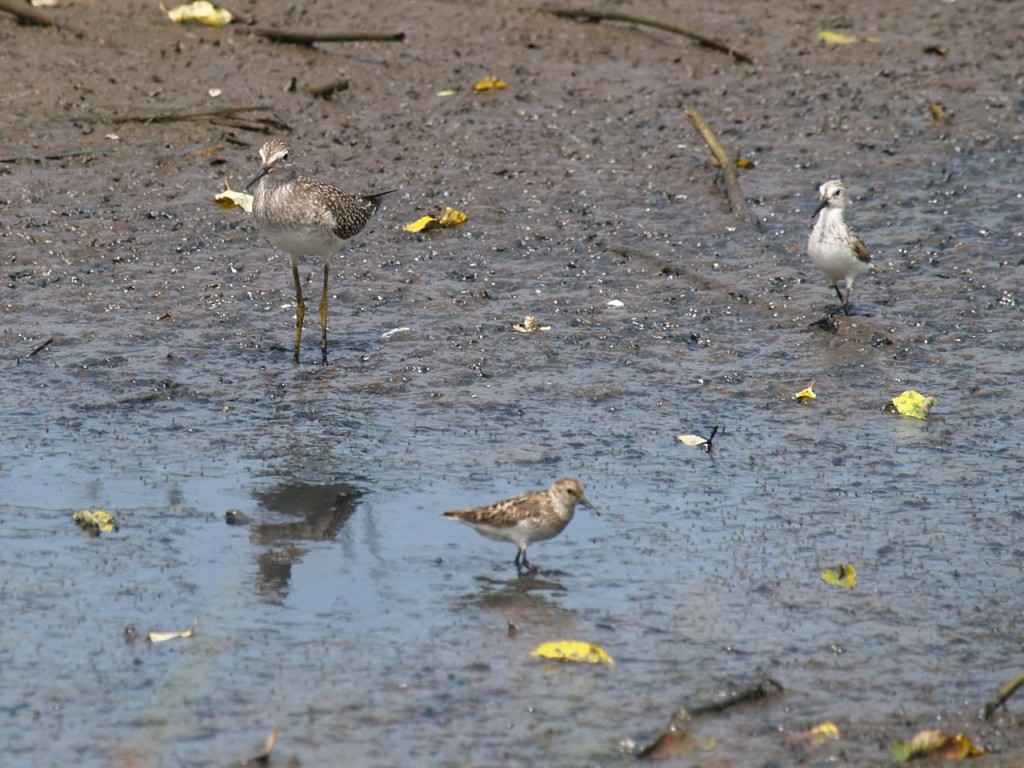
Greater Yellowlegs (Tringa melanoleuca), Semipalmated Sandpiper (Calidris pusilla), and another shorebird
Gray Catbird: A Very Smart Bird
Today I was outside on my back patio doing a little bit of yard work. I swept a bunch of dead leaves and other yard debris and put them into a compost bag. In some places, these leaves had piled up, and I found earthworms underneath the leaves helpfully starting to decompose the leaves. Then I moved the compost bag, so I could work in another area, and I found more earthworms underneath the bag. [I honestly have no idea from where these earthworms come. Every time I sweep away leaves that have been there for a while, there is dirt and earthworms. Problem is, it is concrete patio surrounded by a brick retaining wall. How are these earthworms getting down the retaining wall and then getting across several feet of concrete patio?] I swept more leaves and put them in the compost bag. While I was doing this, I noticed a gray catbird (Dumetella carolinensis) land on the retaining wall then fly down to the patio near where the compost bag had originally been. This is slightly unusual because while I see a gray catbird almost everyday, I normally see it on the hanging suet feeder, not on the ground. Then I started pulling some invasive vines from my yard, and I noticed the catbird now land again on the patio, but now it landed in the second area that I had just swept right next to the compost bag. The second spot was about six feet or so from where I was standing pulling vines. I picked up the vines I had pulled and walk back to the compost bag to put them in it. By then the catbird had flown off, but while I was putting the vines in the compost bag, I looked back, and now the catbird was where I had just been pulling vines. I walked back to that same spot and swept the wooden steps that allow a path over the retaining wall. The catbird returned to the area near the compost bag. I then picked up the leaves and walked back to bag, and the catbird returned to the area where I had swept. This continued for a half hour or so. I would sweep or pull vines, and the catbird would watch me from the retaining wall. I would then take vines or leaves to the bag, and the catbird would return to where I had been working. The catbird was within about ten feet of me the entire time. I was actually quite honored that it would be that close to me. After quite a while, it finally dawned on me that the catbird was going to areas I disturbed to look for insects. I am not sure if it eats earthworms, but I was definitely unintentionally disturbing earthworms. I am fairly certain I was disturbing and revealing bugs. Thus, this very smart bird was letting me do the work of disturbing the ground to reveal insects, and the catbird would just come in my wake to look for the food. My new friend, the catbird, is a very smart bird.

